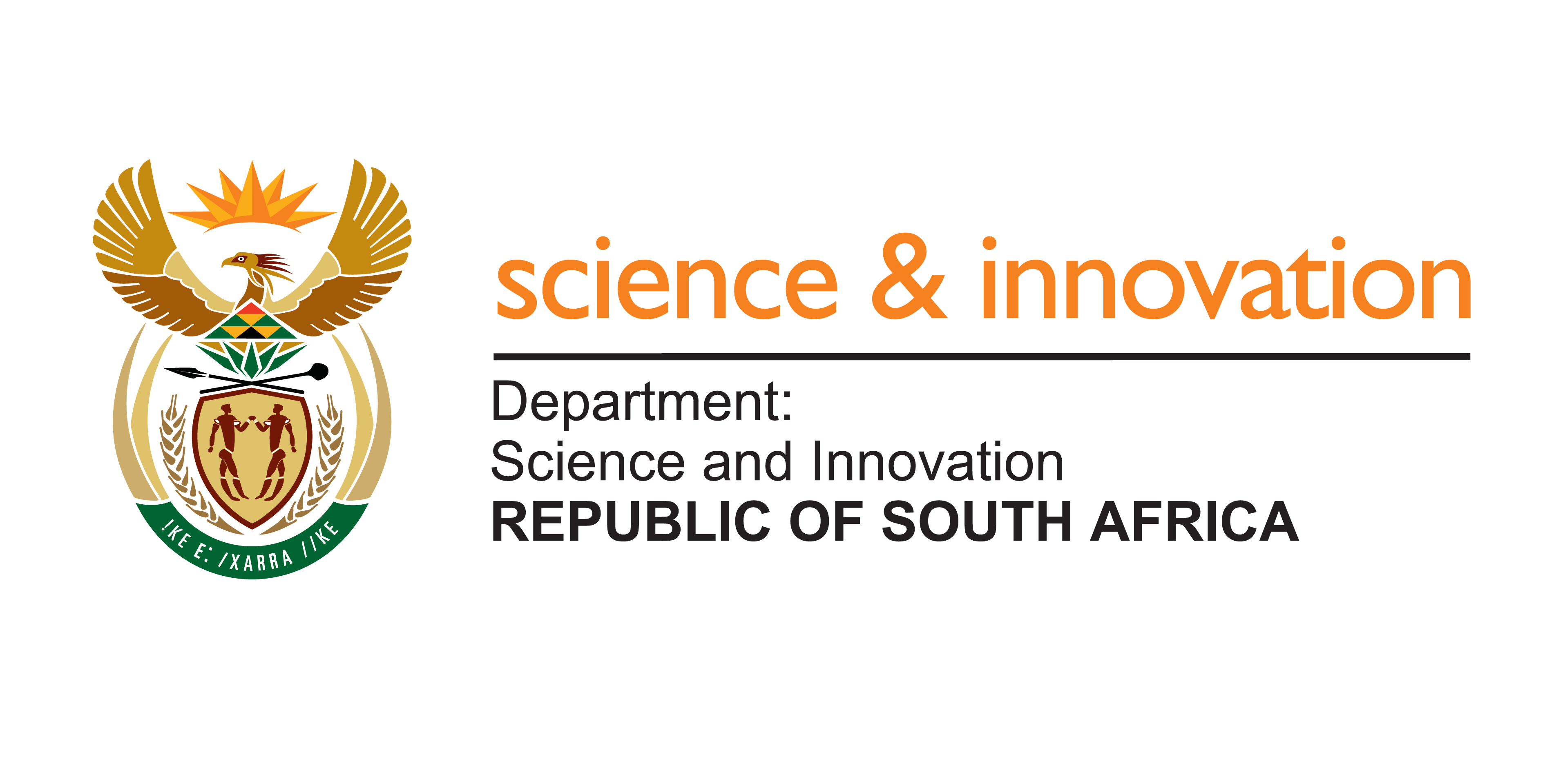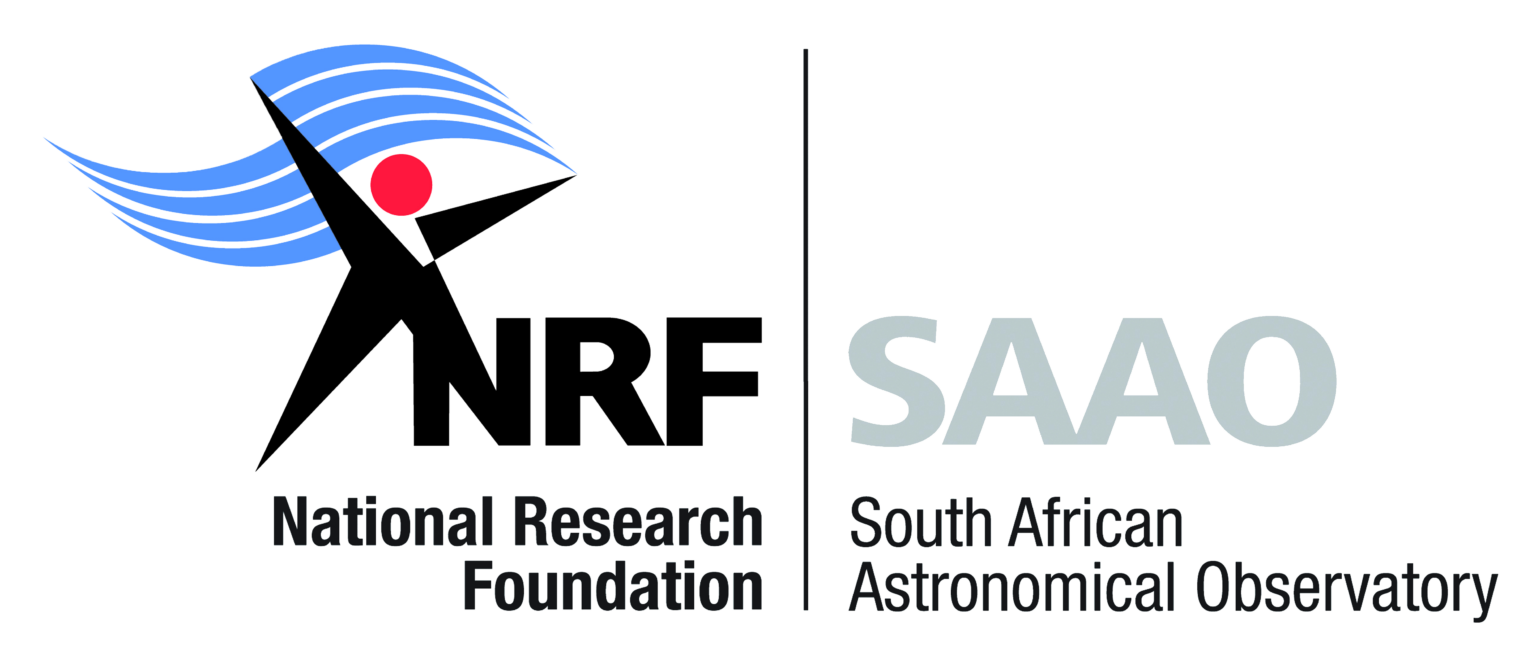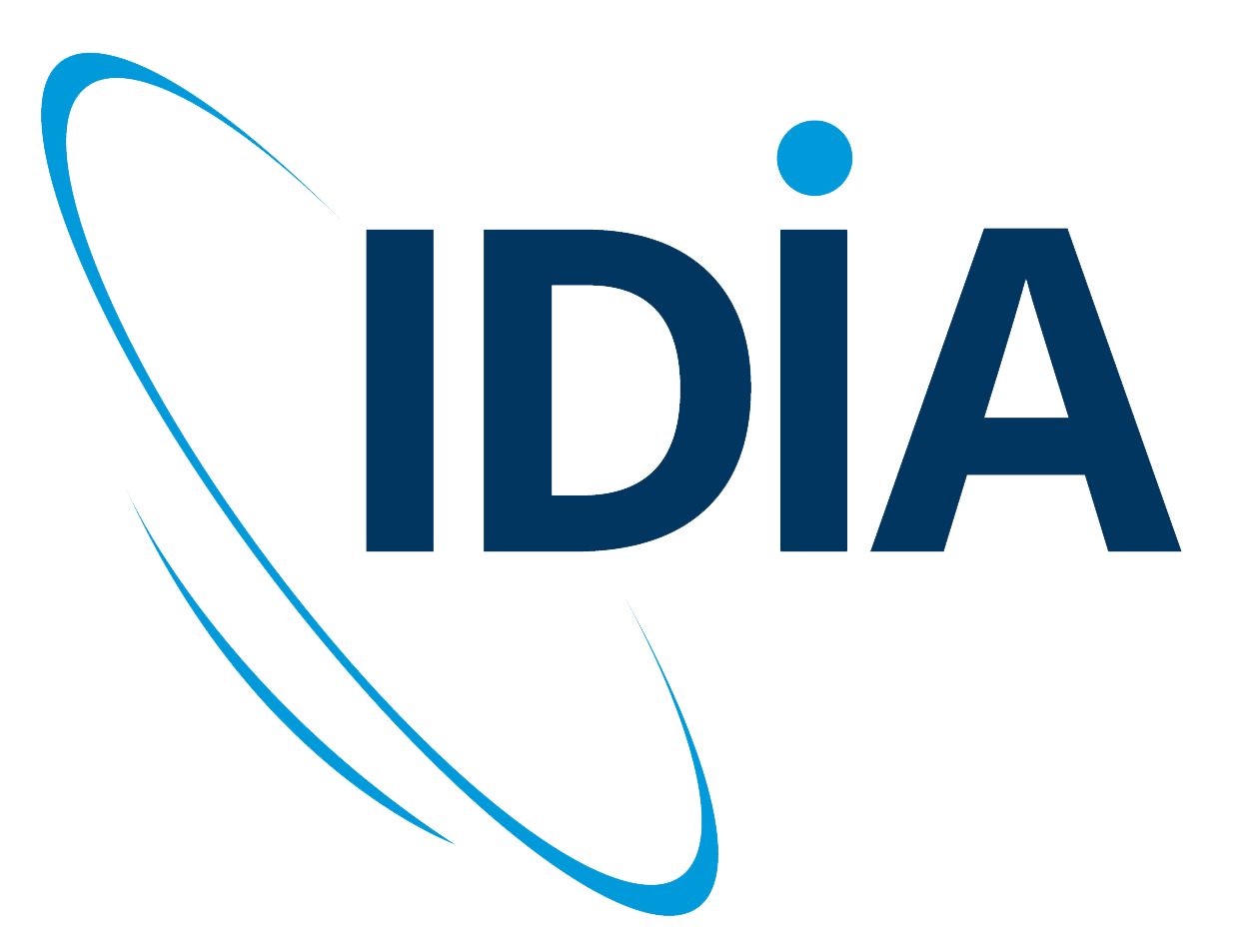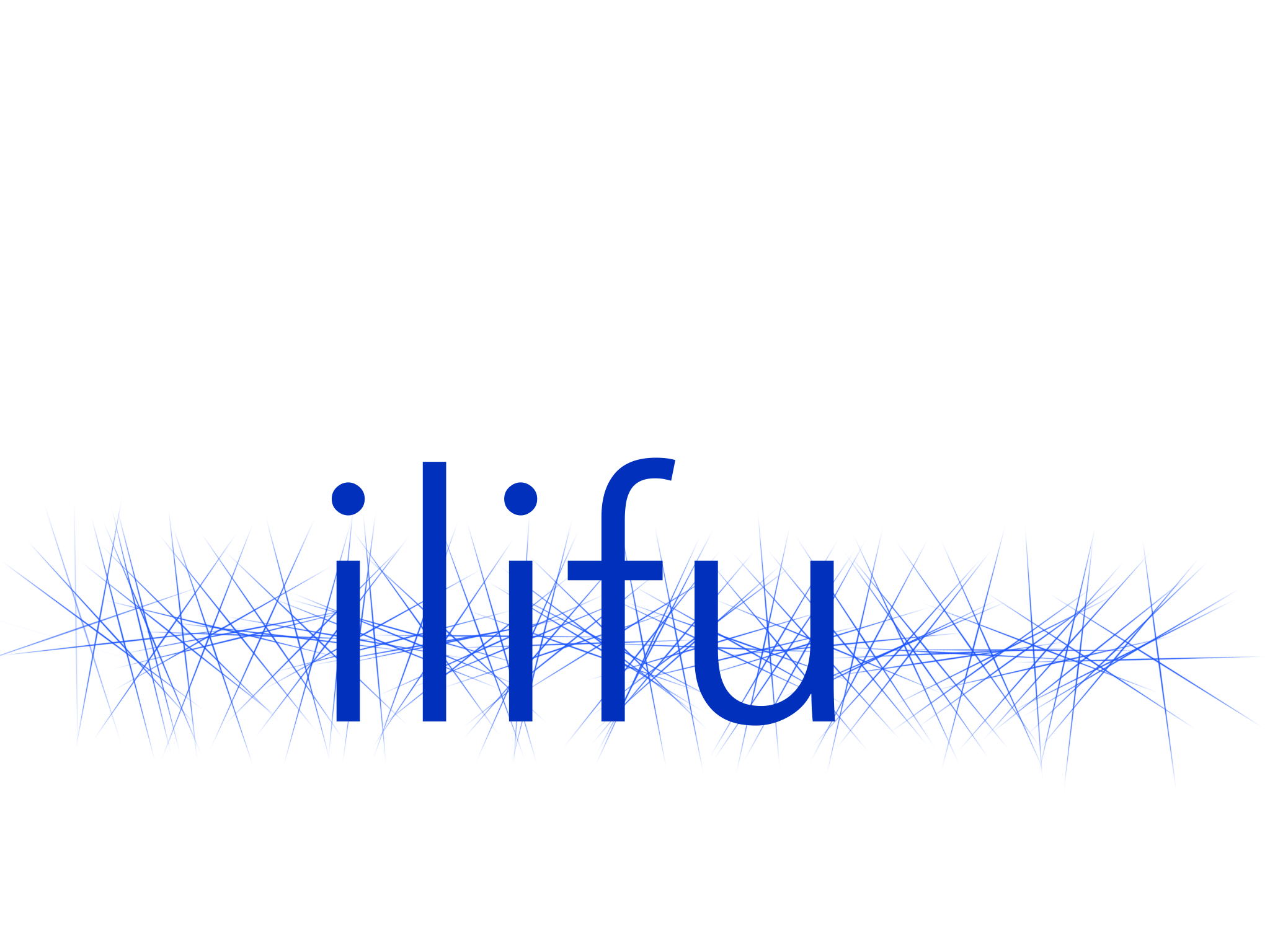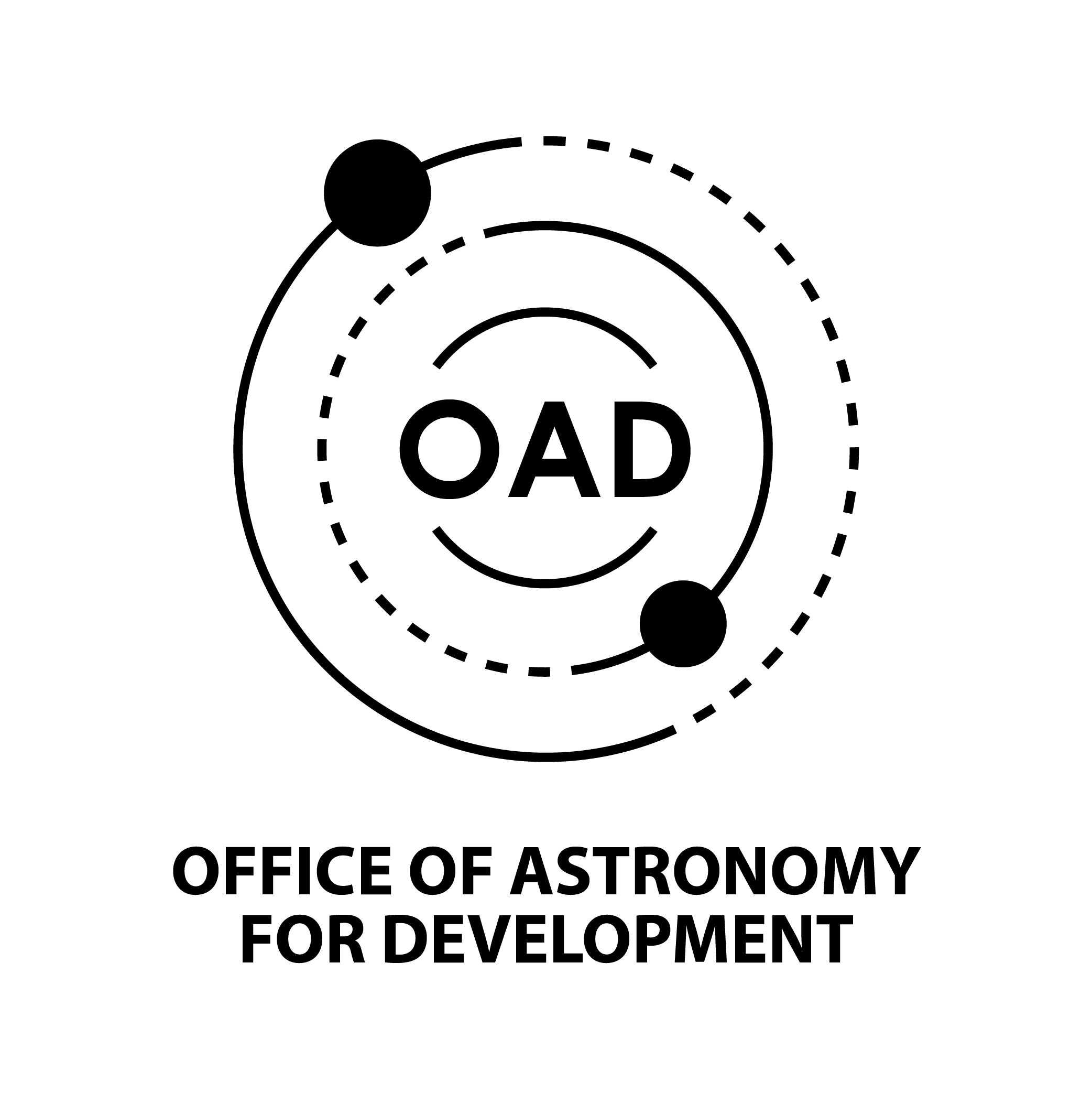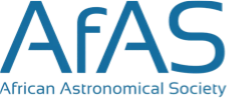In March 2025, the Hack4dev initiative successfully ran the SKA Data Challenge at the AfAS 2025 Data Science Hackathon. This marked a significant milestone in preparing African postgraduate astronomers to tackle the data challenges of the Square Kilometre Array (SKA).
To support the global astronomy community in preparing for the massive data volumes expected from the SKA telescopes, the SKA Observatory has launched a series of data challenges. These are based on a mix of real data from current radio telescopes and simulated SKA data, structured across four main Data Layers (DL1–DL4) representing different stages of the radio data processing pipeline. The challenges aim to build community expertise in calibration, data processing, and scientific analysis and are open to scientists across the world. The third and latest challenge is currently underway and is set to conclude on April 30, 2025.
Recognizing the value of these challenges in developing essential skills for postgraduate astronomers, Prof. Carolina Odman, the founder of Hack4dev, saw an opportunity to integrate them into a structured hackathon format. In 2022, with the help of Srikrishna Sekhar, a former postdoctoral researcher at the Inter-University Institute for Data Intensive Astronomy (IDIA), Hack4dev adapted the first SKA Data Challenge into a hackathon. The challenge was redesigned with associated Jupyter notebooks, guiding participants through key steps of astronomical data processing, from source finding and characterization to source classification.
Although the adaptation was completed in 2022, we only now had the opportunity to run it at the AfAS Data Science Hackathon, bringing together 22 African postgraduate students from 7 different African countries. This event provided a valuable hands-on learning experience, strengthening participants’ skills in astronomical data processing and reinforcing regional capacity-building for SKA-driven research.
The hackathon materials and notebooks from this first challenge are available on the Hack4dev GitHub (link) for anyone interested in exploring SKA-related data processing. We also plan to adapt future SKA Data Challenges into hackathon-ready formats, making them available for use in upcoming events.
For more details on the SKA Data Challenges and the hackathon materials, visit:



